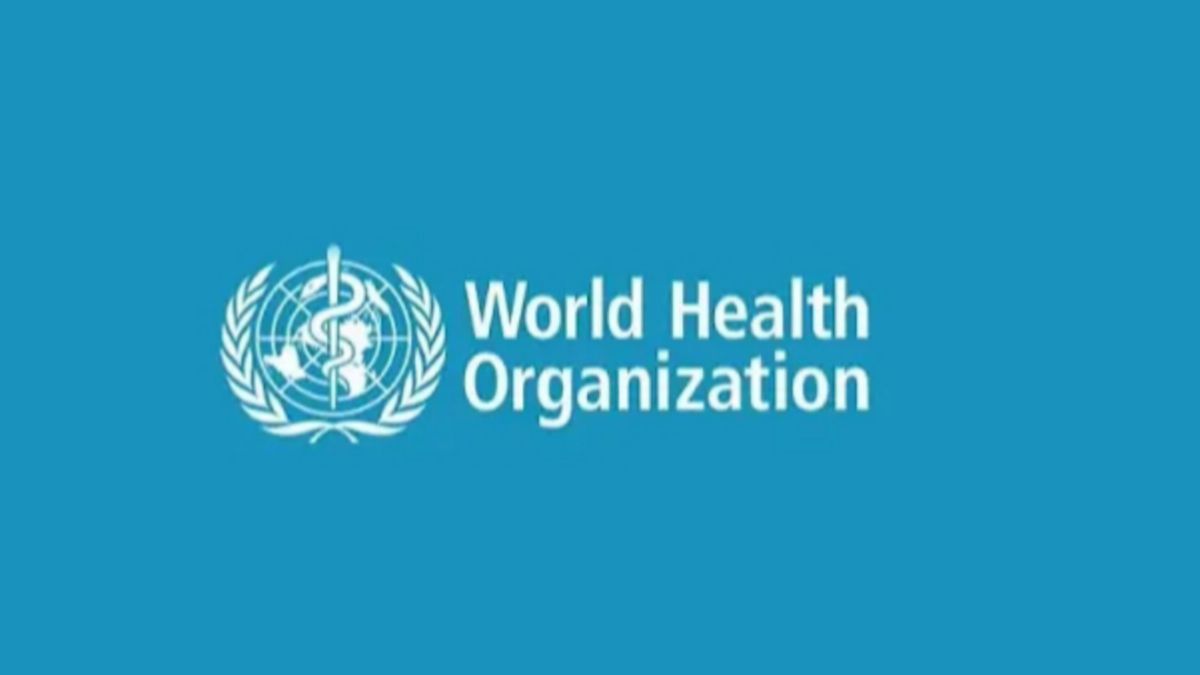
WHO Launches Global Framework for Understanding Pathogen Origins
2 Min Read
WHO Launches Global Framework for Understanding the Origins of New or Re-emerging Pathogens
In a bid to prevent future pandemics and bolster global health security, the World Health Organization (WHO) has launched a comprehensive global framework aimed at understanding the origins of new or re-emerging pathogens. The initiative, announced this week, seeks to develop a systematic approach for investigating the sources of outbreaks, a crucial step in pandemic preparedness and response.
The Need for a Global Framework
Following the COVID-19 pandemic, which exposed critical gaps in the understanding of pathogen origins, the WHO has intensified efforts to prevent similar global health crises. New pathogens such as SARS-CoV-2, as well as re-emerging ones like Ebola, have demonstrated the devastating impact of zoonotic diseases—those that jump from animals to humans.
Dr. Tedros Adhanom Ghebreyesus, WHO Director-General, highlighted the significance of this new framework during the announcement. “Understanding where and how pathogens emerge is vital for preventing future outbreaks. We need a unified, science-driven approach to investigate outbreaks before they spiral into pandemics,” he said.
Key Features of the Framework
The framework will enable countries and global health institutions to collaborate more effectively in identifying the sources of new and re-emerging diseases. It includes protocols for early detection, rapid sharing of data, and international cooperation to trace pathogen origins. This will also involve coordinating investigations with the help of local governments, wildlife experts, and laboratories to establish the origins of diseases at their earliest stages.
By establishing a consistent methodology, the WHO hopes to avoid delays and confusion, which have hampered previous investigations. The new guidelines will focus on pathogen identification in wildlife, agricultural environments, and human populations, considering both natural spillovers and potential human activities that contribute to outbreaks.
International Collaboration and Transparency
One of the central elements of the new framework is the emphasis on international transparency and cooperation. According to the WHO, sharing data on emerging pathogens must become a global priority. The agency’s framework encourages countries to be more open about sharing genetic sequences and epidemiological data, with the goal of reducing the risk of future pandemics.
Dr. Maria Van Kerkhove, the WHO’s COVID-19 technical lead, emphasized the importance of this initiative: “The world cannot afford another global health crisis of the scale we have experienced with COVID-19. By working together, and through a transparent, science-based approach, we can reduce the risk of such an event occurring again.”
Challenges and Opportunities
The WHO framework also recognizes the challenges ahead. Tracing the origins of pathogens is often a complex, resource-intensive process. In the case of SARS-CoV-2, political tensions and misinformation clouded investigations into the virus’s origin. The WHO hopes to address these challenges by fostering trust, communication, and a commitment to scientific integrity among member nations.
Additionally, the framework offers opportunities for countries to strengthen their public health systems, improve surveillance capabilities, and build infrastructure for future outbreak responses. Developing countries, in particular, are expected to benefit from increased access to technical expertise and resources.
A Critical Step Toward Future Pandemic Prevention
The launch of the WHO’s global framework is being hailed as a pivotal moment in the global health community’s effort to prevent future pandemics. As nations continue to recover from the effects of COVID-19, the world’s attention is now focused on how best to detect, understand, and mitigate the risk posed by new pathogens.
“By acting now, we can avoid the worst-case scenarios in the future. This framework gives us the tools to investigate outbreaks early, trace their origins, and stop them from spreading across the globe,” Dr. Tedros concluded.


